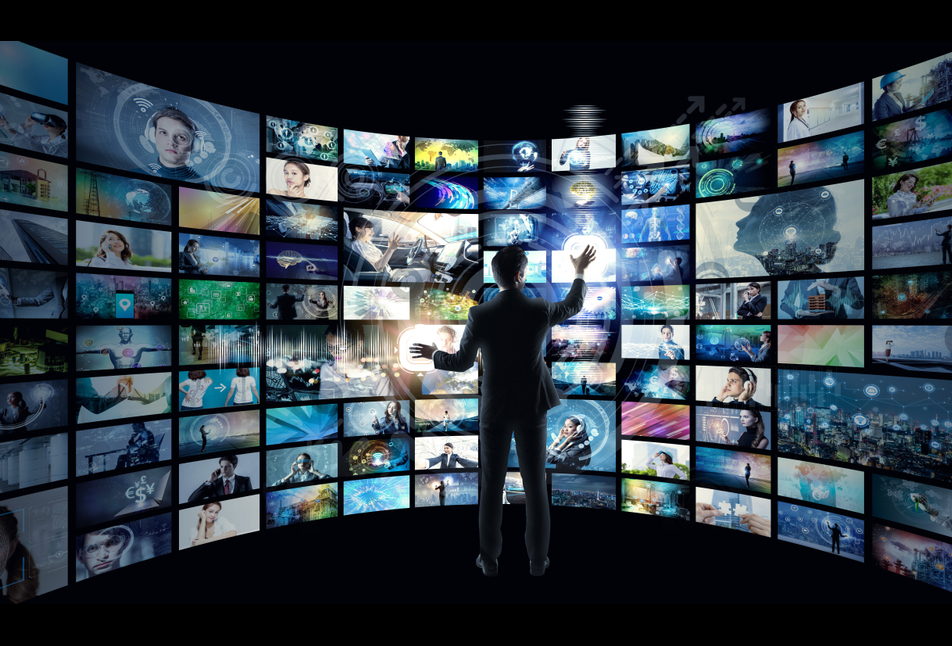Artificial Intelligence and Human Relationships – AI and Coaching
By Barbara Asimakopoulou,
The explosive appearance, the impressive and stormy development of Artificial Intelligence, and its sweeping appearance in people’s daily lives have created a great noise.
It has become an attractive pole of discussion with positive and negative signs, as usually happens with something new that appears, and we do not understand it much, from questioning to hyperthematization, as well as healthy further investigation.
Artificial Intelligence can provide information and implement something better than the average human. It can deliver a form of understanding recorded in the algorithm and even psychological support.
Empathy, compassion, gratitude, and understanding – emotional contact, are feelings and essential elements of a human relationship. There may be logical parameters that lead to these feelings, and AI can interpret them using a specialized algorithm. This same algorithm, I imagine, can train people who find it difficult to feel them or, even more so, to express specific emotions.
But there is more than a logical analysis and conclusion in any human relationship.
Something more than cause and effect as it is the process of the algorithm. So the above feelings, in my opinion, cannot be expressed the same by a human and the same by an algorithm and feel the unparalleled interconnection and emotional contact.
Human interconnectedness primarily comes from our inevitable shared human fate, from the fate we all face in life and death in the face of tragedy and comedy.
This human fate unites us because we all undeniably go through it.
Human interaction, contact, communication, and understanding strengthen us and help us listen, express ourselves, find solutions, go through this uniquely human process, connect with others, and receive and give energy. We will only feel this with people.
Artificial Intelligence influences and shapes the interpersonal relationships and interactions I present below, but it poses many ethical dilemmas.
Let’s look at them one by one.
Facilitates and enhances communication.
For example, you quickly find information, save time by organizing your team meeting, and find help on a specific subject. If you ask the right question, you will get the correct answer about something you want to do.
Artificial Intelligence can provide emotional support and advice.
There are quiz apps that help. One of them I have worked on with my student coaches is Rocky Robot, which offers individual specialized questions and sources of information.
Artificial Intelligence helps to create personalized content.
For example, an article, an advertisement, social media content, and so on, and even a whole book.
Ethical dilemmas
The algorithm can change, cook, or falsify the content, whether video or audio, raising issues with the trust and authenticity of interactions. The other person you are talking to or working with can easily ask if what you say is yours, if it represents you, if you can apply it if you can live with it, or if you are telling someone else’s words.
So, on the one hand, it is a matter of authenticity and, on the other, of reliability.
Ethical concerns include privacy.
The algorithm collects information from everywhere indiscriminately, or we don’t know exactly yet, so it can take your content and change it, or someone else can use it. We also have issues with online security.
You can easily say that you wrote this text when you have not written it, and it is connected to pieces of other people’s texts.
-How do you feel when you use this? Here is the moral dilemma!
-Do you have or do you not have guilt?
-What does your conscience tell you?
-What would Socrates say to this moral dilemma?
After all, they are human concerns that determine human relationships that, to exist, need to be based on trust.
“Human interconnectedness primarily comes from our shared human fate, from the fate we all face in life and death in the face of tragedy and comedy. These things unite us because we all inevitably go through them.”


We don’t need to disregard Artificial Intelligence but be there to shape its future with authentic connections and meaningful human relationships.
As a human race, we are, as never before, in the abyss of information overload, from garbage to vital information, and the speed of technology is beyond human comprehension.
I refer to my related article, which centers on my view that modern technology runs faster than the average human mind. Consequently, we cannot understand it and then use it to our advantage while protecting ourselves from its effects.
So, in this diverse, complex, naturally insecure, and uncertain environment, we desperately need to strengthen authentic, meaningful relationships between people, as Brene Brown, the world’s number 1 emotional thinker, advises.
We must draw from essential human connection, strength, joy, and energy to successfully respond to the mission of mutually beneficial utilization of Artificial Intelligence.
As I said at the beginning of my article, empathy, compassion, gratitude, and understanding are feelings that cannot be replaced by any algorithm in any form, chatbot, robot, or virtual artificial assistant.
However, the algorithm knows them through logic and training in them; it does not have the common fate that unites us humans, life and death.
This common fate in front of life and death belongs only to humans; only humans can live, understand, and effectively help others endure it.





